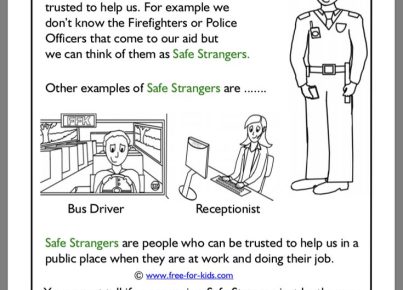Education systems around the world differ significantly, not just in curriculum or educational philosophies, but even in something as fundamental as school schedule hours. Online resource Teach Starter provides an enlightening overview of how various countries structure their school days and years, offering insight into the diverse ways education is approached globally.
In Japan, students attend school from Monday to Friday and have half-days on Saturdays. The typical day starts at 8:30 a.m. and ends at 3:00 p.m., which includes time for club activities, a hallmark of Japanese education. Days are longer when students prepare for numerous tests and exams that are characteristic of the Japanese education system.
Going over to France, instruction begins at 8:30 a.m. and concludes at 4:30 p.m., but this is punctuated by a two-hour lunch break, reflecting French cultural values surrounding mealtime as a social affair. Wednesdays are half-days for elementary students, which grants them some leisure or time for extracurricular activities.
In stark contrast, schools in Russia operate on a six-day schedule, with Sunday as the only day off. Despite this extended week, school days tend to be shorter, generally starting around 8:00 or 9:00 a.m. and wrapping up by 1:00 p.m., with older students sometimes having lessons until 2:00 p.m.
Australia presents another unique approach with school typically running from 9:00 a.m. to 3:30 p.m., Monday to Friday. Educational approaches focus heavily on sports and outdoor activities, which often take place within regular school hours.
Finland is frequently lauded for its educational system and its less rigid scheduling is notable; although starting times can vary per school, the typical day runs from 9:00 a.m. to 2:00 p.m. Finnish culture places great emphasis on personal time for rest and recreation—values that are reflected in its less intensive school hours.
The United States has one of the longer school days on average, usually beginning around 8:00 a.m. and ending at around 3:00 p.m., though this can vary greatly from state to state and even from district to district within states.
Each country’s educational schedule often reflects cultural priorities and attitudes towards education itself—whether it’s respect for leisure time seen in Finland or the rigorous preparation seen in Japan’s exam-focused approach. This comparison reveals how cultures adapt their educational systems to fit both their societal needs and values—an essential consideration for policymakers, educators, and parents alike as they think about what constitutes effective schooling.





